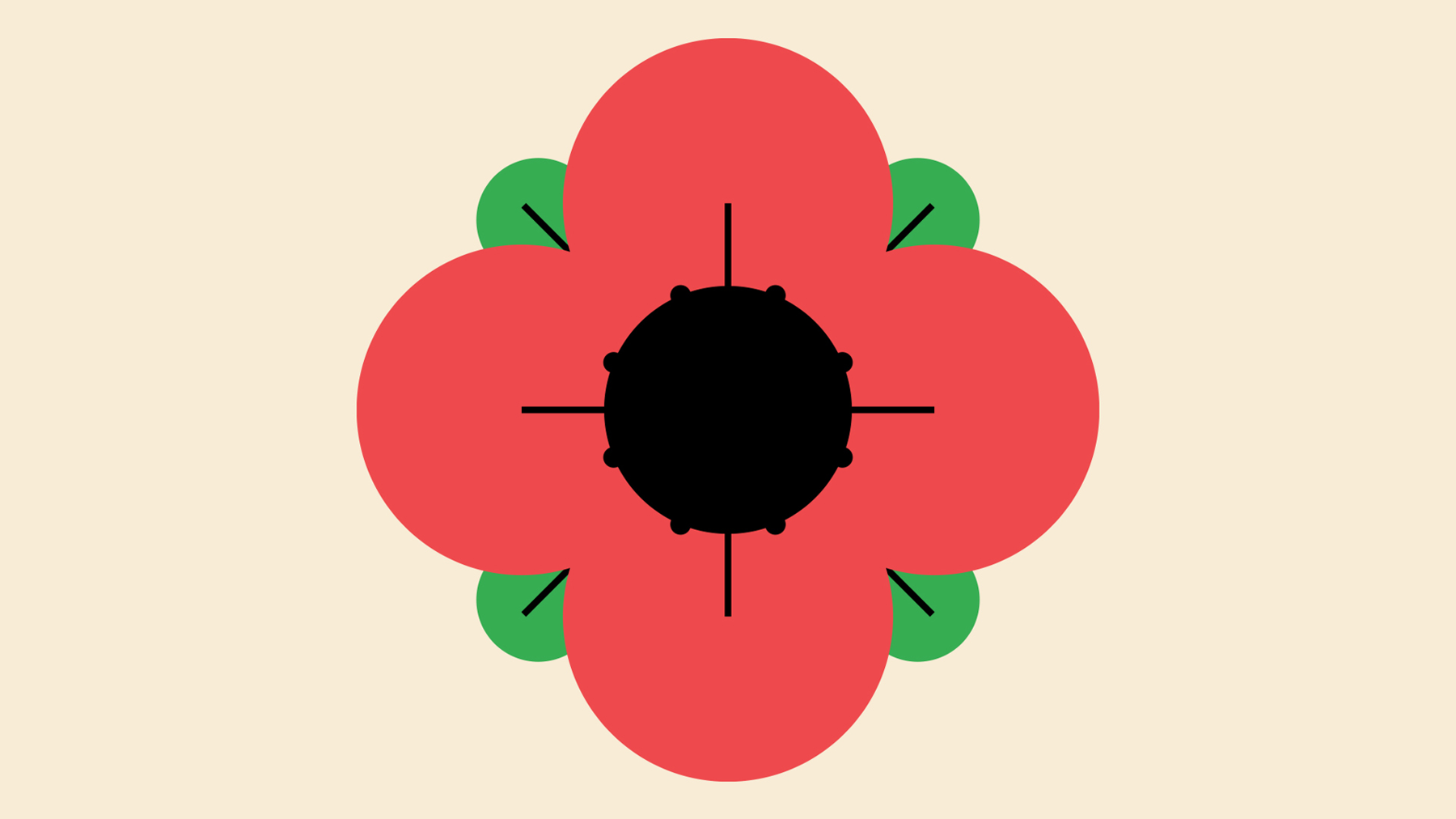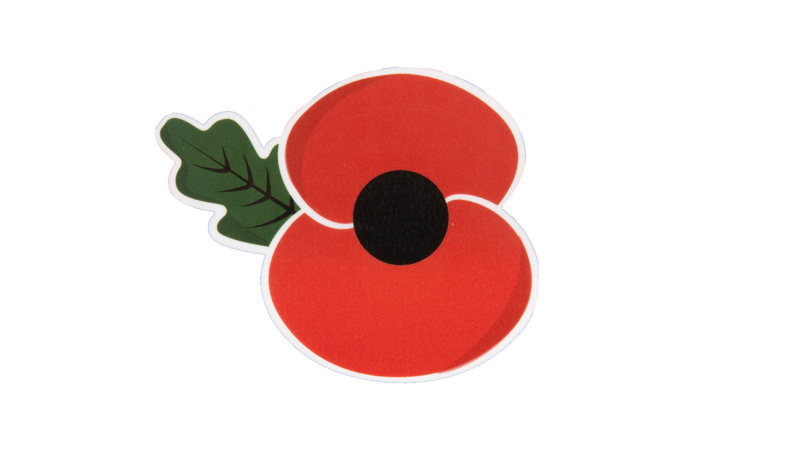Remembrance
Remembrance honours people who serve to defend our democratic freedoms and way of life.
Contents
- Remembrance: the role of Service
- Explore the Poppy & Scouts range
- Scouts during the wars
- Stories of Scouts during the first world war: Ernest Stafford Carlos
- Stories of Scouts during the first world war: Anthony Slingsby
- Stories of Scouts during the first world war: Roland Philipps
- Stories of Scouts during the first world war: Jack Cornwell
- A Scout in Flanders by H.E.
- The Scouts Roll of Honour
Remembrance: the role of Service
Since the Royal British Legion was formed in 1921, they have been the champions of Remembrance.
In 1921, Earl Haig, the Commander-in-Chief of the Army, adopted the poppy as a symbol of Remembrance during the First World War and founder of the Royal British Legion.
Earl Haig announced that he wanted 11 November 1921 to be known as Remembrance Day – today we commemorate Remembrance Sunday and Armistice Day. His campaigning was successful. The Act of Remembrance was developed into what we know it as today.
Each year there's a service at the Cenotaph attended by the royal family, politicians, military representatives, veterans and members of the public.
They gather in Whitehall on Remembrance Sunday, which is the closest Sunday to 11 November. It's also broadcast across the country for people to watch at home.
As Big Ben strikes 11am, a single gun is fired on Horse Guards Parade and a two-minute silence begins. To mark the end of the silence, another single gun is fired and trumpeters play the Last Post.
A similar service is repeated up and down the country, as well as in churches and at war memorials around the world.
Following the two-minute silence wreaths of poppies are laid at the foot of the Cenotaph.
The first wreath is laid by the royal family, followed by politicians and guests from other nations, and heads of the different branches of the Armed Forces.
For Remembrance 2023, The Royal British Legion are looking at the role of Service in our lives:
- The roles of the Armed Forces, Emergency and Civilian Services
- Who serves and how they serve
- How Service protects our communities, freedoms and ways of life
- Why it is so important to remember service
Scouts' Poppy challenge
We’re suggesting five different ways to get involved - one way for each of the letters in 'poppy'. The Poppy Challenge offers plenty of choice and flexibility. You can choose to do as many or as few of these as you like.
Armistice Day is the 11 November each year. We also commemorate Remembrance Sunday on the closest Sunday to 11 November.
Order a uniform badge for your group or shop the full Poppy & Scouts range from Scout Store.
We've added some activity ideas at the bottom of this page that you can try out with your group.
You could choose to hold Remembrance reflection or Craft a paracord poppy, or try one of our other Remembrance activities.
Find out about local Remembrance activities in your area and how you can get involved.
If you're planning to join a parade, don't forget to check out our safety information and example risk assessments.
Ask young people to explore and reflect on what Remembrance means to them.
This could be a conversation with each other, or asking them to come up with a poem or a reading based on what they find out.
Uniform badge
This badge can be sewn on your uniform, onto a badge blanket or poncho.
Shop the woven badge
Remembrance activity ideas
We’ve picked out some programme ideas to help you plan a themed session or event for your group.

Understanding the history of Remembrance helps us learn why we use certain symbols, such as poppies, cenotaphs and statues, to remember today.
Individuals and communities can remember in the way that best suits them. Over time many have developed their own ways of remembering, whether remembering a loved one who served or marking the service of an entire community.
Hold a reflection
Pause and spend some time together reflecting on the theme of Service.
Find reflectionsLearn about Remembrance
Learn more about Remembrance and the theme of service with some of these activities.
Find activities